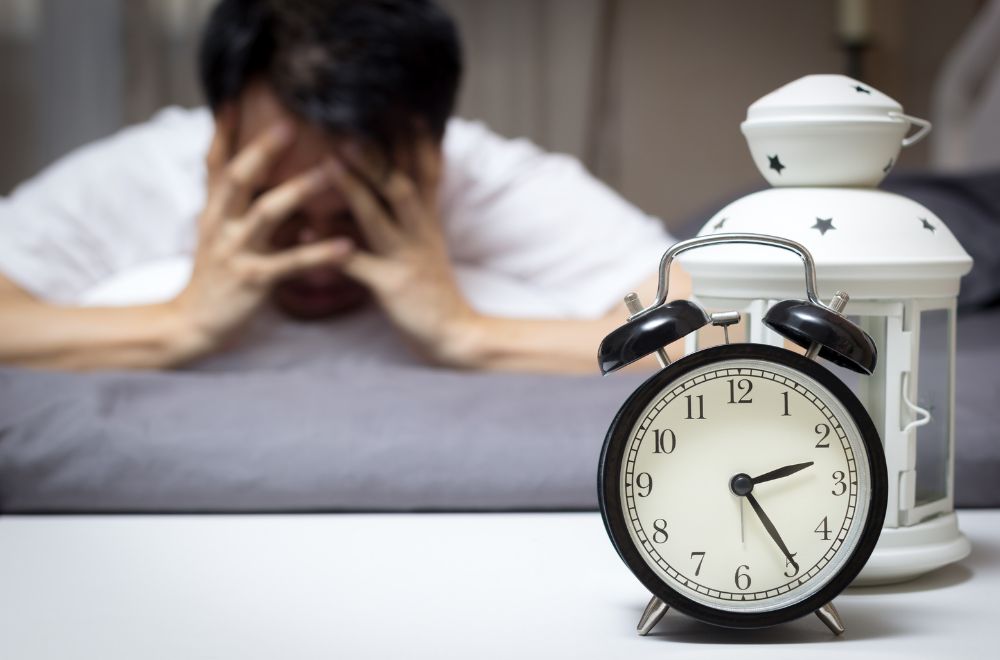Cognitive Behavioural Therapy for Insomnia - DRHC Dubai Psychiatry Clinic
It is a structured and evidence-based psychotherapy approach designed to help individuals overcome insomnia and improve their sleep. It focuses on changing thought patterns and behaviors that contribute to sleep problems. CBT-I is considered the first-line treatment for chronic insomnia because it aims to address the root causes of sleep problems without relying on medication.
CBT-I has been shown to be effective in improving sleep quality, reducing the time it takes to fall asleep, and decreasing nighttime awakenings. It's often recommended before considering medications for insomnia, particularly due to its long-term effectiveness and the avoidance of potential side effects associated with medication. It is particularly useful for young adults, who have a high risk of dependence to sleeping medications.
CBT-I has following components:
Assessment:
A therapist or sleep specialist assesses the individual's sleep patterns, behaviors, and any underlying factors contributing to insomnia.
Sleep Education:
CBT-I typically begins with education about sleep, helping individuals understand the basics of sleep, the factors that affect it, and normal sleep patterns. It also involves debunking myths and false assumptions associated with normal, good-quality sleep.
Sleep Restriction:
This involves limiting the time spent in bed to the actual time spent asleep. By reducing time spent in bed, it helps increase sleep efficiency and reduce time spent awake in bed.
Stimulus Control:
This component aims to strengthen the association between the bed and sleep. It involves specific guidelines, like not using the bed for activities other than sleep and intimacy.
Recommendations for maintaining good sleep hygiene practices to create an optimal sleep environment are frequently discussed and imparted as part of CBT-I.
Cognitive Restructuring:
CBT-I addresses negative thought patterns and worries related to sleep. It helps individuals identify and challenge unrealistic or unhelpful beliefs about sleep.
Maintenance and Relapse Prevention:
The individual learns how to maintain the improvements in sleep quality and develop strategies to prevent future episodes of insomnia.
Relaxation Techniques:
Strategies such as progressive muscle relaxation and deep breathing exercises are taught to reduce anxiety and promote relaxation before bedtime.
Biofeedback:
Some CBT-I programs use biofeedback techniques to help individuals monitor and control physiological factors like heart rate and muscle tension that can impact sleep.
CBT-I is typically delivered by trained therapists, but there are also self-help resources and digital apps available that can guide individuals through the CBT-I process. It's important to work with a healthcare professional or therapist to determine the most suitable approach for addressing your specific insomnia issues. CBT-I is considered one of the most effective treatments for chronic insomnia and is often recommended.
.png?width=281&height=59&name=bookanappointment%20(1).png)
If you are experiencing any signs and symptoms of a Cognitive Behavioural Therapy for Insomnia, please don't hesitate to contact our best psychiatrist in Dubai at the Dr. Rami Hamed Center, Call +97142798200 to Schedule Your Appointment Today. We have the best psychiatry doctor, and our psychiatry clinic is situated in Dubai Healthcare City.




.png?width=281&height=59&name=bookanappointment%20(1).png)
.png?width=1080&height=1080&name=DR%20KIRTI%20(1).png)




